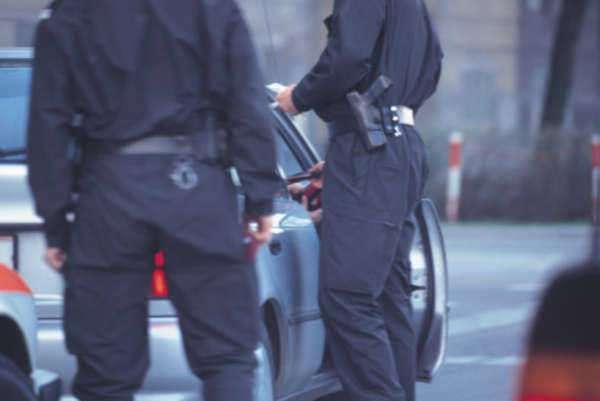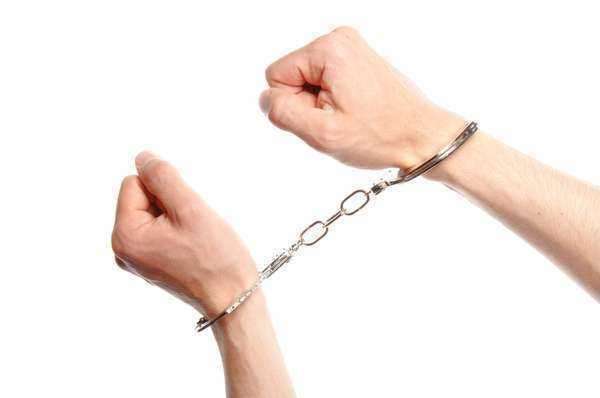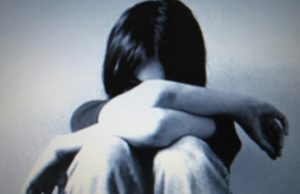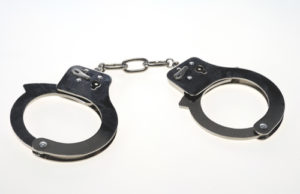Statutory Rape Laws in New Jersey
Statutory Rape Laws in New Jersey: Understanding the Complex Legal Landscape
Introduction
Statutory rape laws serve as a crucial component of our legal system to protect minors from sexual exploitation and abuse. In New Jersey, as in many other states, these laws are designed to maintain the delicate balance between consensual relationships and the prevention of sexual misconduct involving minors. This article explores the statutory rape laws in New Jersey, shedding light on their intricacies, enforcement, and the potential consequences for those involved.
Defining Statutory Rape
Statutory rape refers to sexual activity between an adult and a minor who is below the age of consent, even if the minor agrees to engage in the activity. In New Jersey, the age of consent is 16 years old. This means that individuals aged 16 and older are considered legally capable of providing their consent to engage in sexual activity with another person.
However, New Jersey’s statutory rape laws are not as straightforward as they may initially seem. There are several important factors to consider when evaluating the legality of sexual activity involving minors in the state.
Age of Consent
As mentioned earlier, the age of consent in New Jersey is 16 years old. This means that individuals who are 16 or older can legally engage in sexual activity with others who are also 16 or older. Any sexual activity between individuals aged 16 or older is generally considered consensual and legal.
However, when an adult engages in sexual activity with a minor under the age of 16, regardless of whether the minor consents, it may be considered statutory rape under New Jersey law.
Age Difference Matters
New Jersey statutory rape laws also take into account the age difference between the parties involved. If the adult is more than four years older than the minor, they can be charged with a more serious offense. This distinction is important because it can impact the severity of the penalties that an individual may face if convicted.
For example, if an 18-year-old has sexual relations with a 15-year-old, the age difference is three years, and the offense is considered less severe than if the age difference were greater. However, if a 20-year-old engages in sexual activity with a 15-year-old, the age difference is five years, which could lead to more severe consequences.
Consent Does Not Matter
One crucial aspect of New Jersey’s statutory rape laws is that they do not take into account whether the minor consented to the sexual activity. Even if the minor willingly participated in the activity, the law still deems it illegal if the minor is under the age of consent.
This approach is intended to protect minors from potential exploitation or manipulation by adults who may have the power to influence their decisions.
Penalties for Statutory Rape
New Jersey imposes strict penalties for individuals convicted of statutory rape. The severity of the penalties depends on various factors, including the age of the minor, the age difference between the parties, and the specific circumstances of the case.
Generally, statutory rape is classified as a second-degree crime in New Jersey when the adult is at least four years older than the minor. A second-degree crime in New Jersey can carry a sentence of between five and ten years in prison and a fine of up to $150,000.
However, in cases involving a minor who is under the age of 13, the crime is upgraded to a first-degree crime, which is the most serious category of offenses in the state. A conviction for first-degree statutory rape can result in a prison sentence ranging from 10 to 20 years, with a potential fine of up to $200,000.
Additionally, individuals convicted of statutory rape in New Jersey may be required to register as sex offenders under Megan’s Law, which mandates public registration and notification of convicted sex offenders.
Defenses in Statutory Rape Cases
While statutory rape laws in New Jersey are stringent, there are certain defenses that may be available to those accused of these crimes. It’s essential to consult with an experienced criminal defense attorney to explore potential defenses that may apply to your specific case.
Some common defenses in statutory rape cases may include:
1. Age of Consent: If the defendant and the minor are both of legal age to consent to sexual activity, there may be no statutory rape case to answer to.
2. Mistaken Age: If the defendant reasonably believed that the minor was of legal age based on their appearance, identification, or other factors, this could be a valid defense.
3. No Sexual Activity: If the prosecution cannot prove that sexual activity took place, there may be grounds for a defense.
4. False Accusations: In some cases, false accusations or misunderstandings may lead to wrongful accusations of statutory rape.
5. Romeo and Juliet Exception: Some states, including New Jersey, have enacted “Romeo and Juliet” exceptions that provide leniency for consensual sexual activity between two minors close in age. Consultation with an attorney is crucial to determine whether this exception applies to your case.
Reporting and Mandatory Reporting Laws
In New Jersey, there are also laws that require certain individuals and professionals to report suspected cases of child abuse or neglect, including cases of statutory rape. Failure to report such suspicions can result in legal consequences for those required to report.
Mandatory reporters typically include teachers, healthcare professionals, social workers, and law enforcement personnel, among others. These individuals must report any knowledge or suspicion of child abuse or neglect, including instances of statutory rape, to the appropriate authorities.
These reporting requirements are in place to ensure that instances of child abuse and exploitation are promptly addressed, and that vulnerable minors receive the necessary protection and support.
Impact on the Accused and the Victim
Statutory rape cases can have profound and lasting impacts on both the accused and the victim. For the accused, a conviction can lead to incarceration, fines, and the requirement to register as a sex offender. This can significantly limit future educational and employment opportunities and result in social stigma.
On the other hand, victims of statutory rape may experience emotional and psychological trauma that can affect their well-being for years to come. It is essential for victims to receive appropriate support and counseling to cope with the aftermath of such incidents.
Moreover, these cases can strain families, communities, and law enforcement agencies as they navigate the legal process and its implications.
Conclusion
Statutory rape laws in New Jersey are designed to protect minors from sexual exploitation and abuse. While the age of consent is 16 in the state, there are complex factors that determine the legality of sexual activity involving minors. These laws aim to strike a balance between consensual relationships and the protection of vulnerable individuals.
Individuals accused of statutory rape in New Jersey face serious legal consequences, including imprisonment and registration as sex offenders. Therefore, it is essential to consult with experienced legal professionals to understand the specific circumstances of a case and explore potential defenses.
Additionally, it is crucial for mandatory reporters to be aware of their responsibilities to report suspected cases of child abuse or neglect, including statutory rape, to ensure that minors receive the necessary protection and support.
Ultimately, statutory rape laws in New Jersey are a reflection of society’s commitment to safeguarding the welfare of minors, but their enforcement requires careful consideration of the unique circumstances that each case presents.
In New Jersey, statutory rape is defined as sexual activity between an adult and a person below the state’s age of consent. This is a serious crime that carries harsh penalties, including imprisonment and sex offender registration. The laws surrounding statutory rape in New Jersey are designed to protect minors from sexual exploitation and abuse.
The statutes governing statutory rape in New Jersey are found under Title 2C of the New Jersey Code of Criminal Justice. Specifically, these laws can be found in sections 2C:14-2 and 2C:14-3.
Under 2C:14-2, sexual assault occurs when a person engages in sexual contact with another person or causes another person to engage in sexual contact, without that person’s consent. If the person engaging in sexual contact is an adult and the other person is a minor, the crime is considered statutory rape.
The age of consent in New Jersey is 16 years old. This means that any sexual activity between an adult and a person under the age of 16 is considered statutory rape, regardless of whether the minor consented to the activity. It is important to note that even if a minor claims to have consented to the activity, the law does not recognize a minor’s consent as valid.
Under 2C:14-3, aggravated sexual assault occurs when a person engages in sexual activity with a minor under the age of 13. This is a more serious offense than statutory rape and carries even harsher penalties, including a mandatory minimum prison sentence of 25 years.
It is important to understand that these laws apply to all sexual activity between an adult and a minor under the age of consent, regardless of gender or sexual orientation. In addition to jail time and sex offender registration, those convicted of statutory rape in New Jersey may also face fines, community service, and probation.
Furthermore, New Jersey has a “Romeo and Juliet” law that allows for a minor to engage in sexual activity with someone up to four years older than them, as long as the minor is at least 13 years old and the other person is not in a position of authority or trust over the minor.
It is important for individuals to understand the laws and regulations surrounding statutory rape in New Jersey in order to better protect themselves and others. In cases where there may be uncertainty about the age of the other person, it is always advisable to check their identification.






















